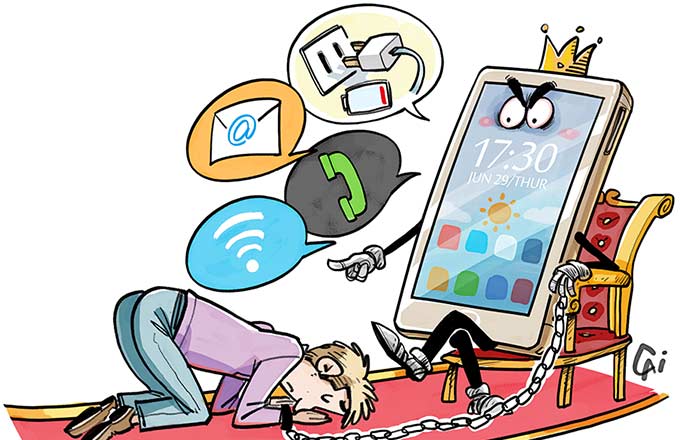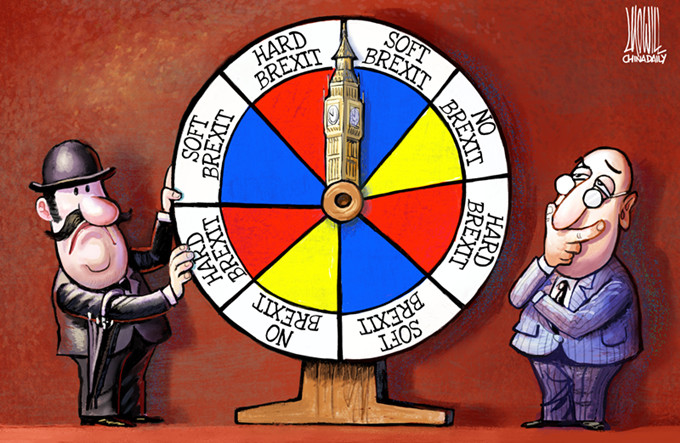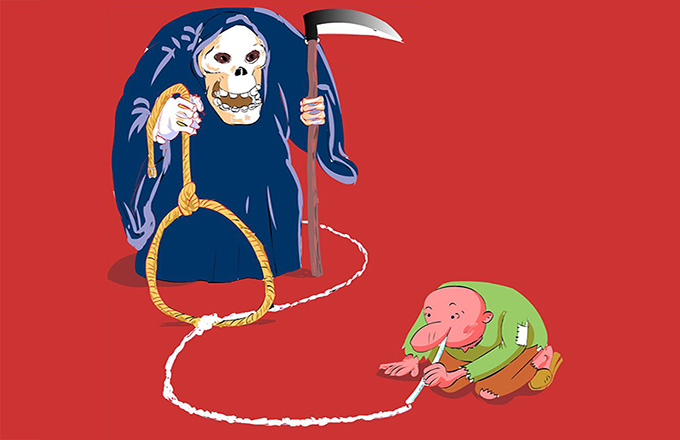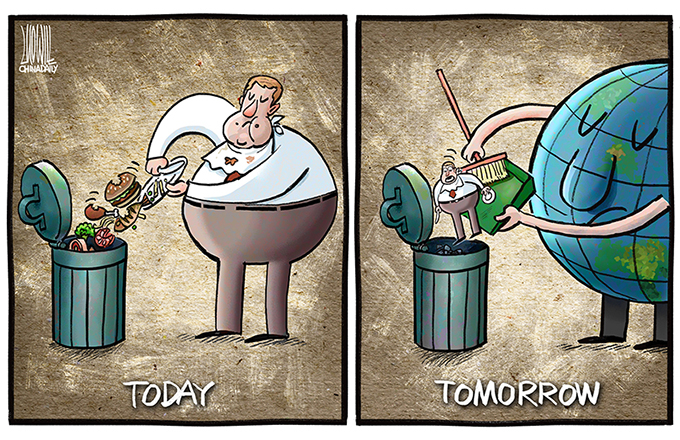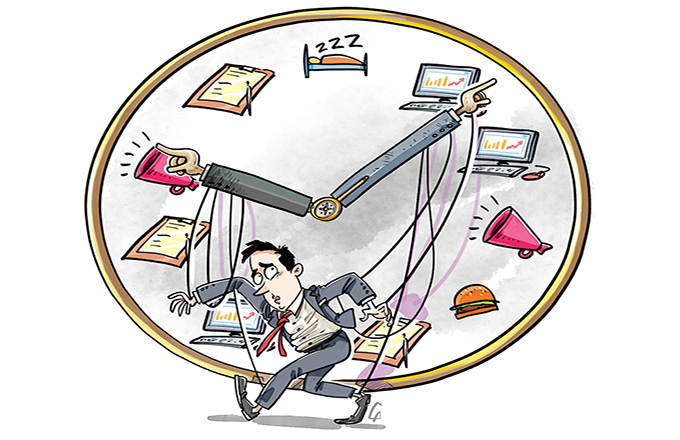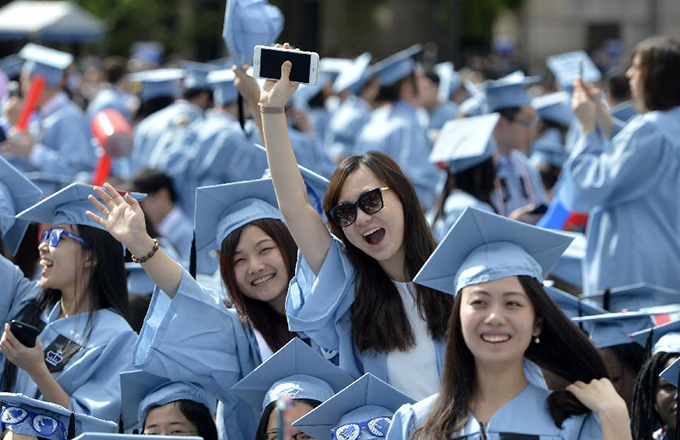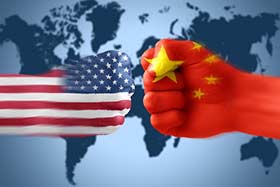Two decades of genuine democracy
Yang Sheng writes that the 11th-hour suffrage granted by final governor was deceitful camouflage
In a hearing of the United States-China Economic and Security Review Commission in May, former Hong Kong governor Chris Patten and some radical members of the opposition camp accused Beijing of undermining the city's democracy and autonomy. Such remarks sound familiar. When Hong Kong returned to the embrace of its motherland 20 years ago doomsayers predicted, among many other things, that Hong Kong people would have their democracy taken away from them. Two decades on, the democratic progress in the special administrative region, though not perfect, suffices to give pessimists a slap in the face.
The problem with such a prediction is that there was no real democracy to be taken away from a colonial Hong Kong in the first place. "Democracy" has never come to be associated with colonialism ever since the latter reared its ugly head in the 16th century. For most of Hong Kong's 155 years of colonial rule, democracy was a strange concept to local residents. Power was mainly concentrated in a handful of ruling elites — the governor who represented the Queen, tai-pans from the Hong Kong banks and various British trading hongs such as Jardines and Swire, as well as the chairman of the Royal Hong Kong Jockey Club — who formed the backbone of the Executive Council. Until the 1880s, no Chinese had served in the ExCo or the Legislative Council, whose members were all appointed.
When the first post-World War II governor Mark Young tried to introduce some semblance of democracy into the colony, it was not meant for the general populace. The voting right to elect a proposed municipal council was restricted to English-speaking residents who paid a lot of tax. The vast majority of local Chinese residents were still to be deprived of their political rights. And even this vastly unfair reform attempt was subsequently vetoed by London and the next governor.
"Democracy" is by no means compatible with "colonialism". The reason is simple. Colonists come with the motivation of self-benefit — exploiting colonies' resources. Priorities are given to their own interests, not those of the people they rule. And for that very reason they cannot entrust the local people whom they are exploiting with power. So why would they give them democracy? Colonialism implies a master-servant relationship. When do you see a servant given the right to make important decisions?
Those who were misled into believing the British were so magnanimous as to grant them democracy in the final years of colonial rule were taken in by the deceitful camouflage of the so-called political reforms put up by Patten. He once told a local journalist in an interview that the political reform package, which we know violated previous bilateral agreements between the United Kingdom and China, was like a beautiful crystal decoration put there for Beijing to break. It was designed to delude the unsuspecting public.
It has become a totally different situation after China resumed the exercise of sovereignty over Hong Kong in 1997. Hong Kong is back to its motherland and is no longer ruled by a foreign people. As enshrined in the Basic Law, Hong Kong people are given a high degree of autonomy to govern themselves. Central government leaders genuinely have the interests of Hong Kong people at heart. They are always ready to come to Hong Kong's aid whenever the situation calls for it, as seen in the various financial crises over the years.
Real democracy has been given to Hong Kong people after Hong Kong's return to the country. Under the Basic Law, elected seats in LegCo are to be gradually increased until all seats are elected, while universal suffrage to elect the Chief Executive is promised as the ultimate goal. All registered voters could have cast their vote in the latest CE election had opposition lawmakers not sabotaged the electoral reform effort in 2015. In the colonial days, nobody in his right mind would even dream about electing a British governor.
Abraham Lincoln put it well: "You can fool all the people some of the time, and some of the people all the time, but you cannot fool all the people all the time." After 20 years, Hong Kong people know who has their best interests at heart and who has given them real democracy.
The author is a current affairs commentator.


